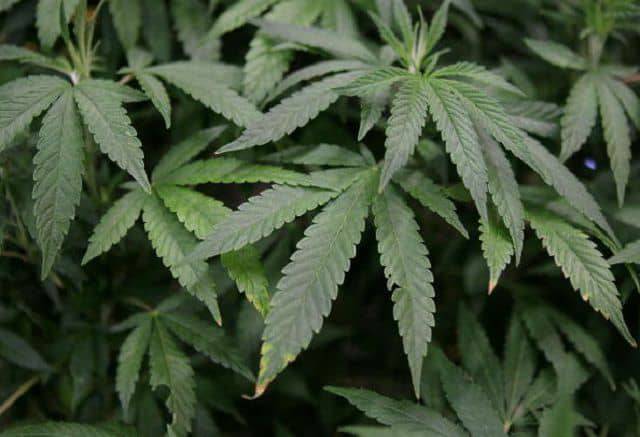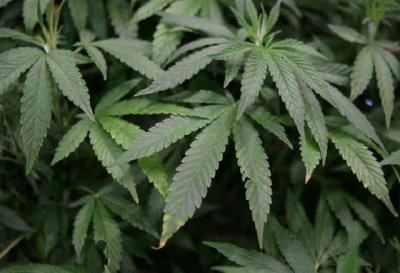A new discovery by researchers from Ben-Gurion University in Israel and its affiliated Soroka Medical Center indicates that the medical use of cannabis (marijuana) may reduce blood pressure in the elderly.
Notably, this study, published in the European Journal of Internal Medicine, is the first of its kind to focus on the effects of marijuana (cannabis) on blood pressure, heart rate, and metabolic parameters in adults aged 60 and older with hypertension. Dr. Ran Abu Hasira from the Health Sciences Faculty at Ben-Gurion University, one of the leading medical colleges in Israel and affiliated with the Clinical Research Institute for Cannabis at Soroka Medical Center, states, "The elderly are the fastest-growing group of medical marijuana users; however, the evidence we have gathered on cardiovascular safety for this demographic, through this study, is part of our ongoing efforts to provide clinical research on the actual physiological effects of marijuana over time."
In the study, patients were assessed using 24-hour mobile blood pressure monitoring devices, ECG tests, blood tests, and body measurements before and after three months of treatment with cannabis extract. Researchers found a significant reduction in both systolic and diastolic blood pressure measurements over 24 hours, with the lowest point occurring three hours after using cannabis either orally through oil extracts or by smoking. Patients showed a decrease in blood pressure both during the day and at night, with more significant changes occurring at night.
Additionally, researchers hypothesized that the use of cannabis in medicine could alleviate pain in patients, in addition to effectively reducing blood pressure. Doug Cisserman, CEO of American Associates, remarked, "Cannabis research is still in its early stages, and Ben-Gurion University is at the forefront of assessing clinical use based on scientific studies. This new study is one of many recently published by the university concerning the medical benefits of cannabis."




